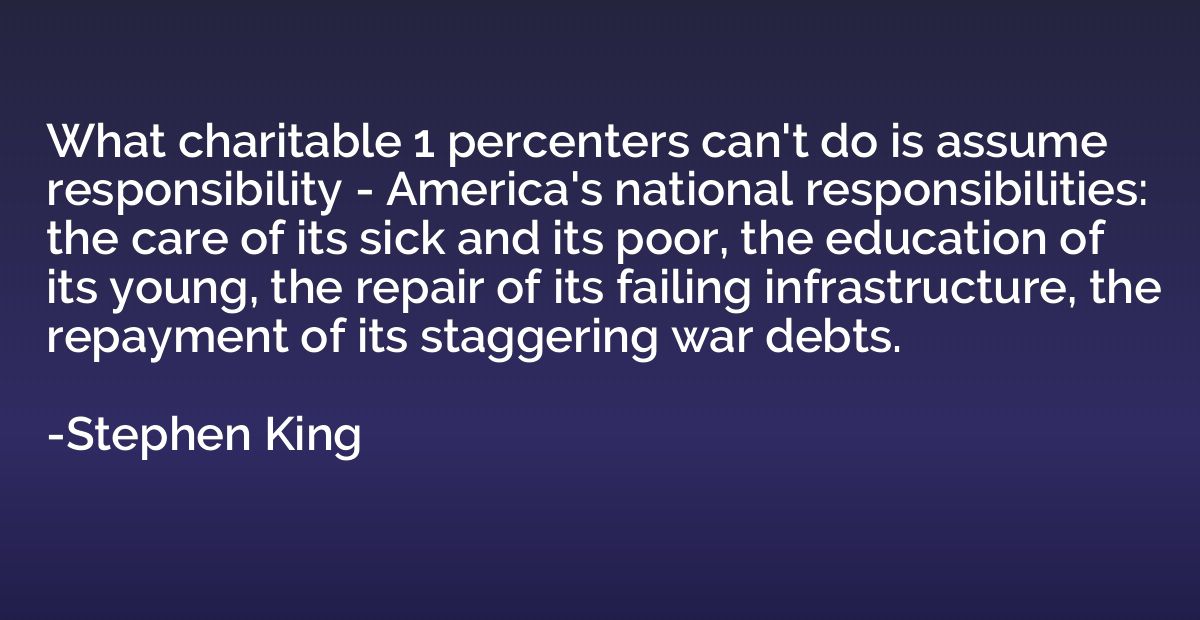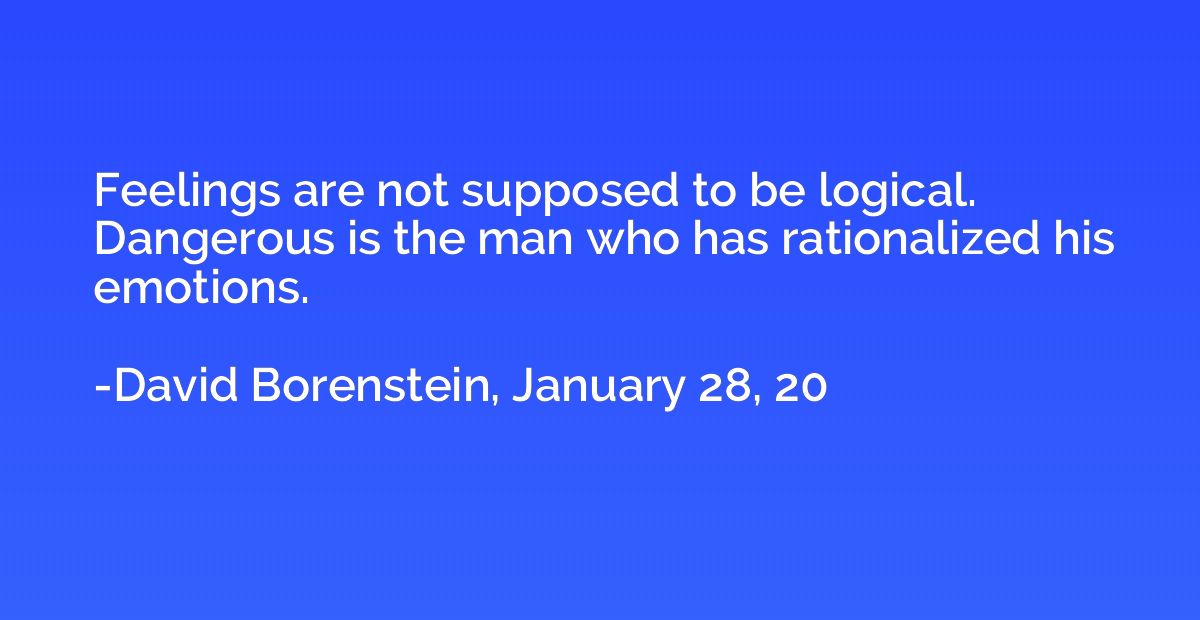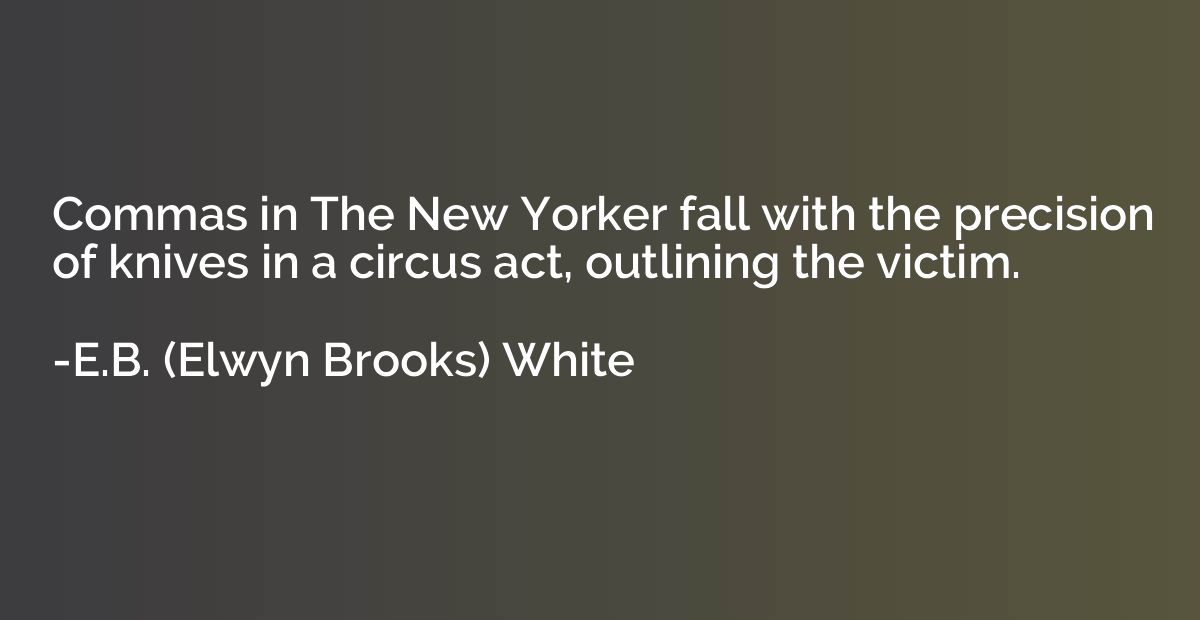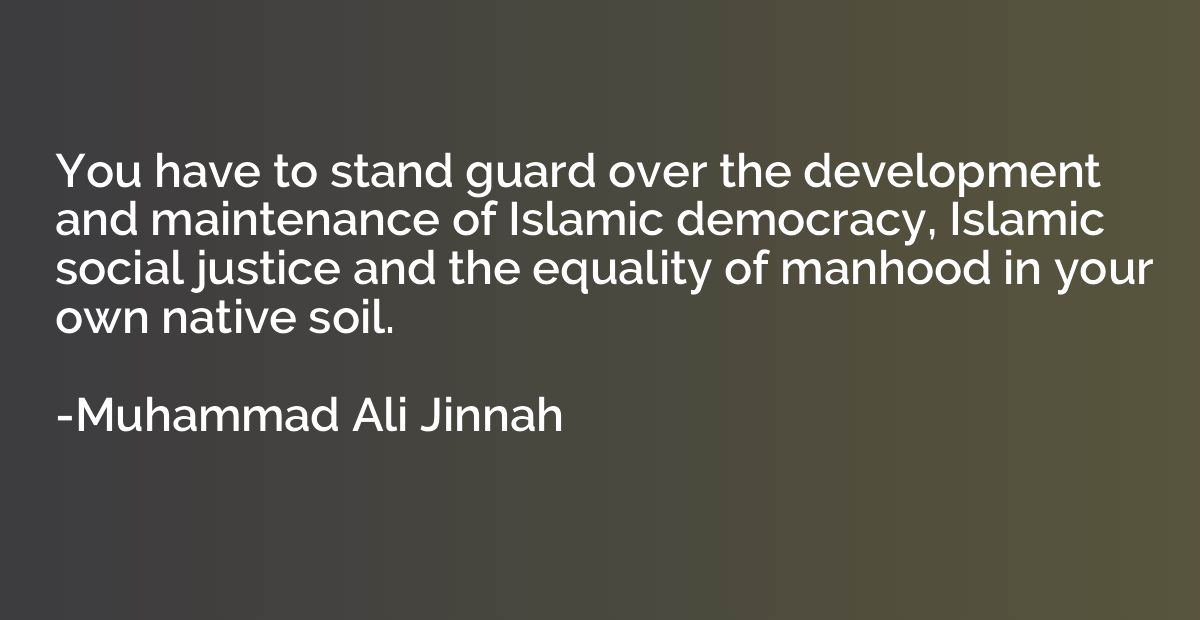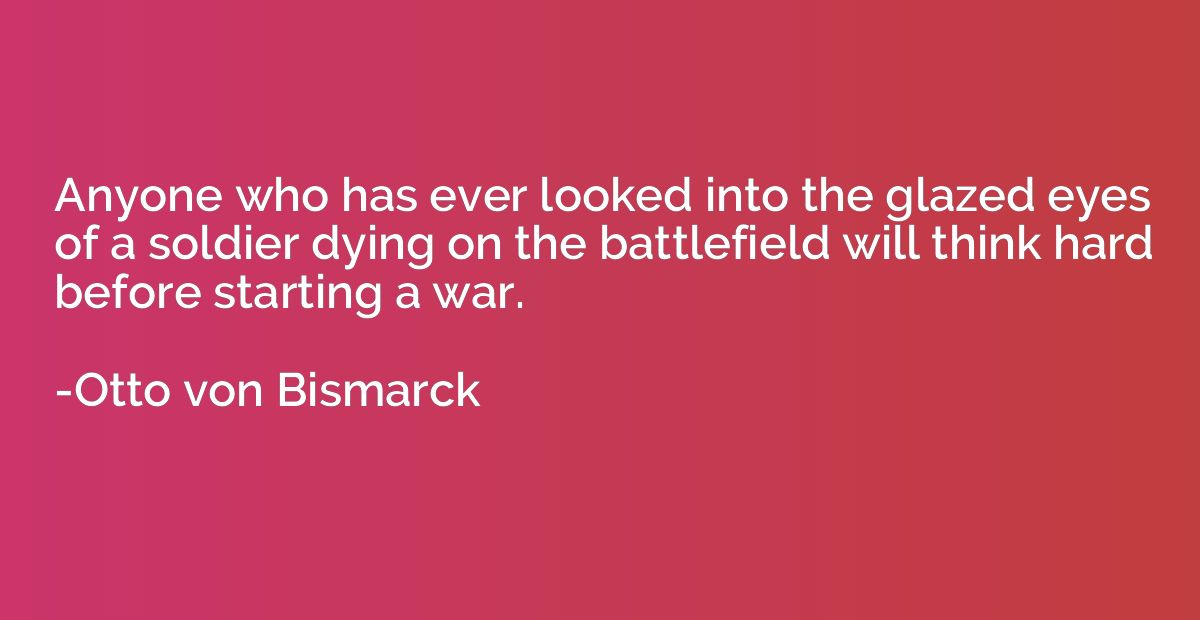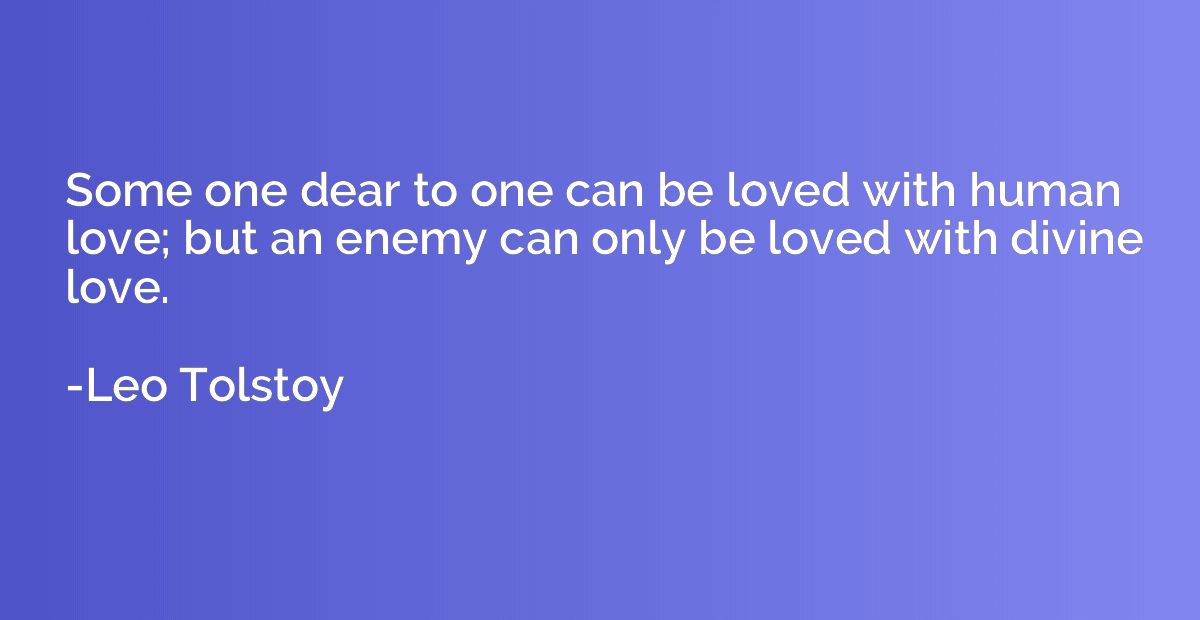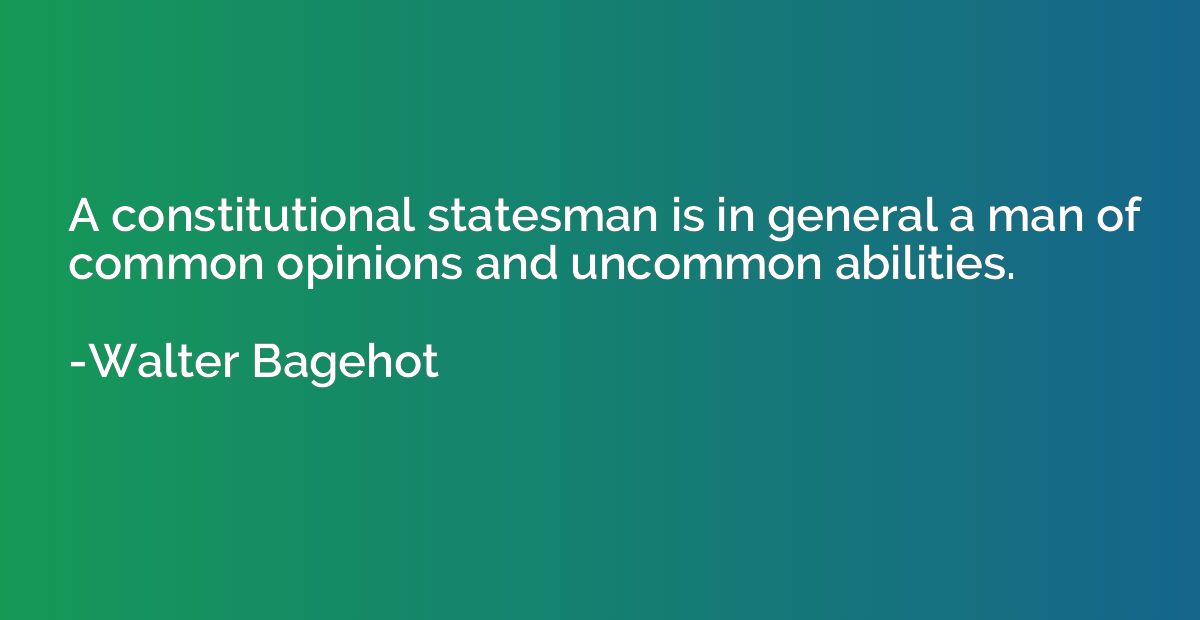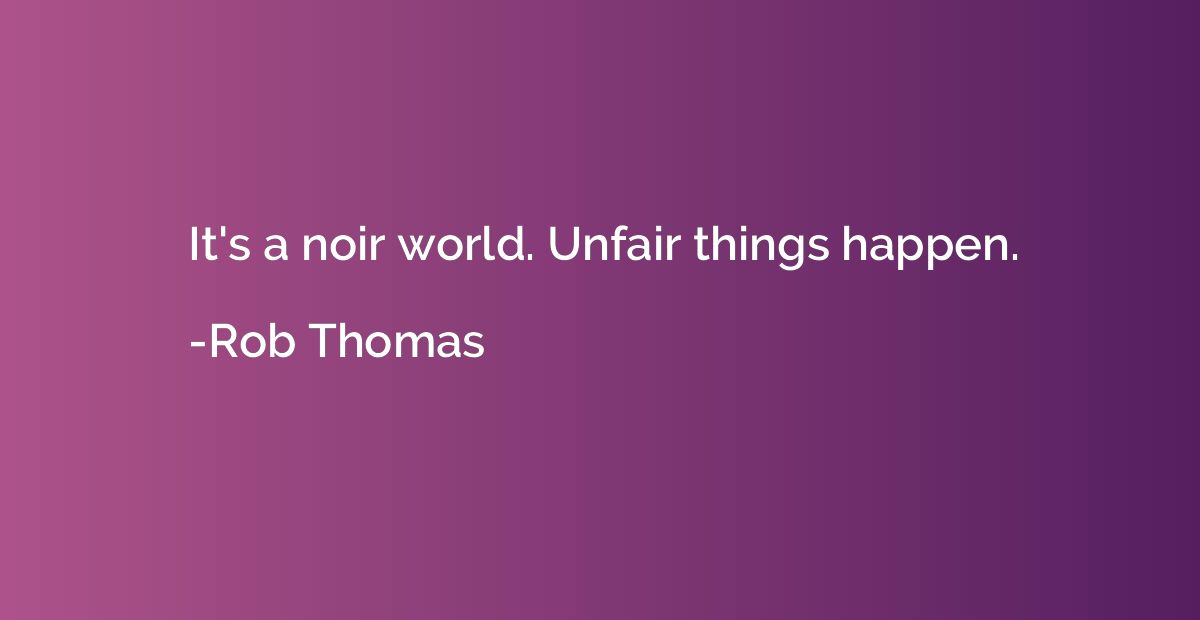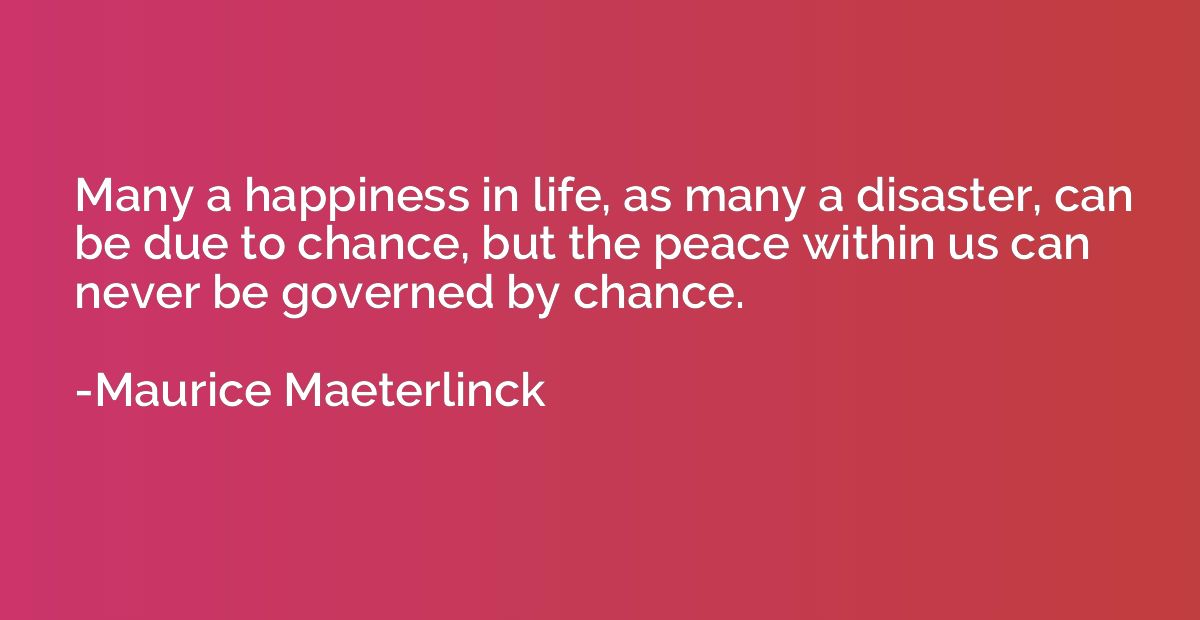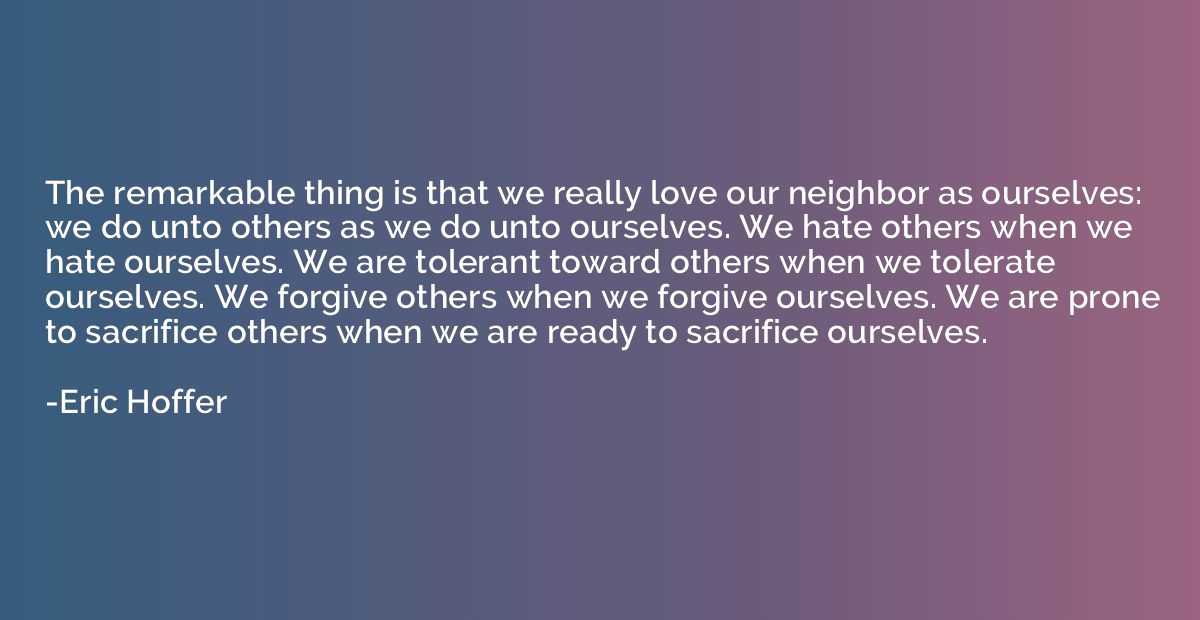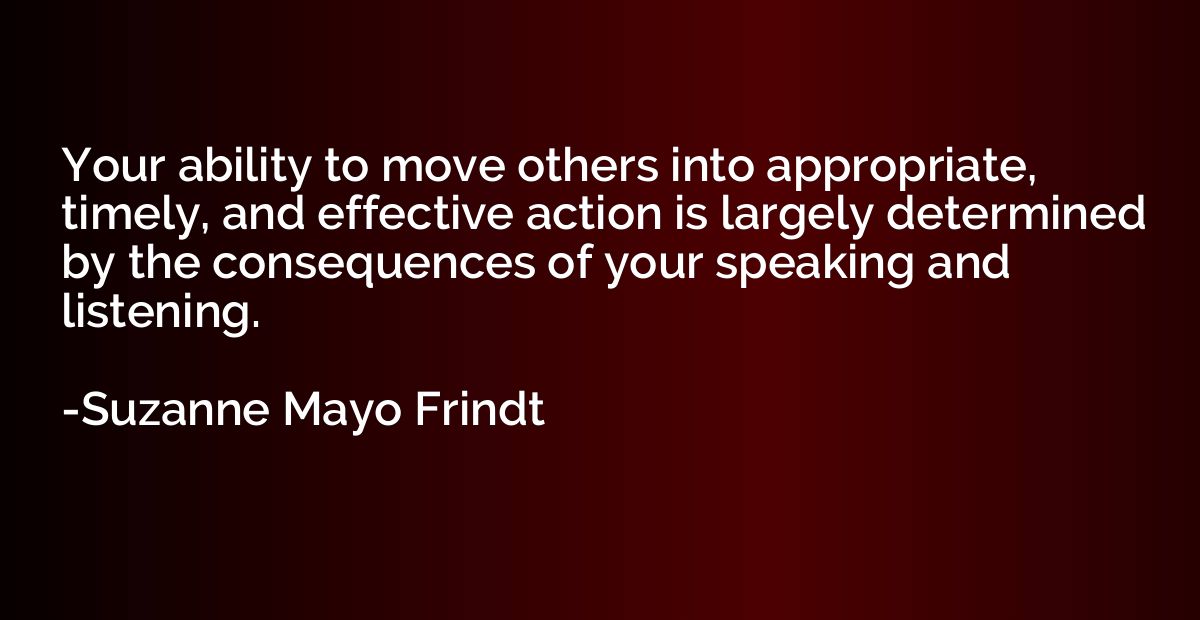Quote by Immanuel Kant
Experience without theory is blind, but theory without experience is mere intellectual play.
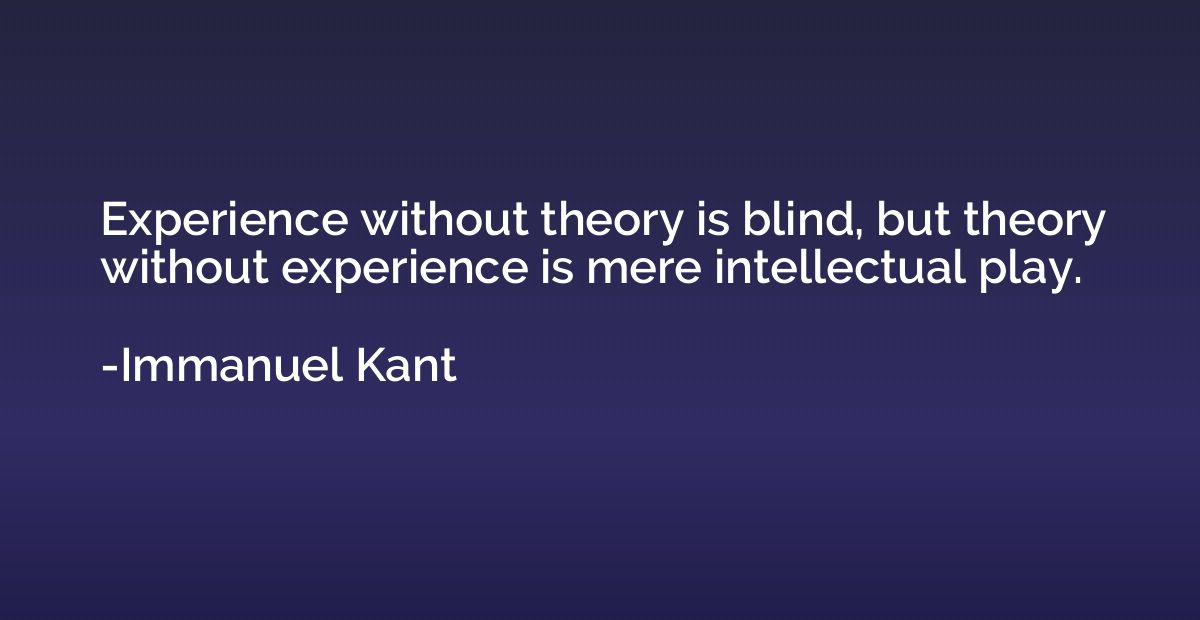
Summary
This quote emphasizes the importance of balance between practical experience and theoretical knowledge. It suggests that having experience without a foundation of theory is limiting and lacks understanding, similar to navigating blindly without guidance. On the other hand, solely possessing theoretical knowledge without practical application reduces its significance to mere mental exercises or thought experiments. The quote advocates for integration and harmony between experience and theory to attain a comprehensive understanding and wisdom.



